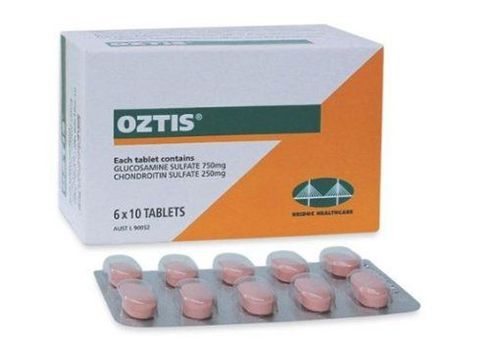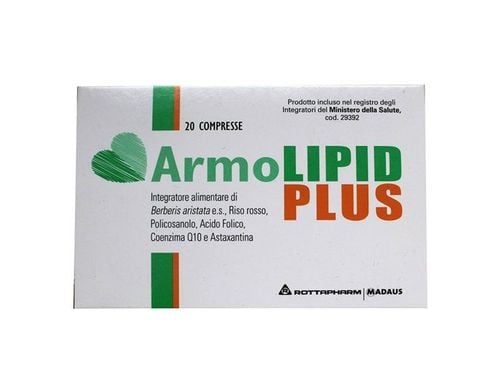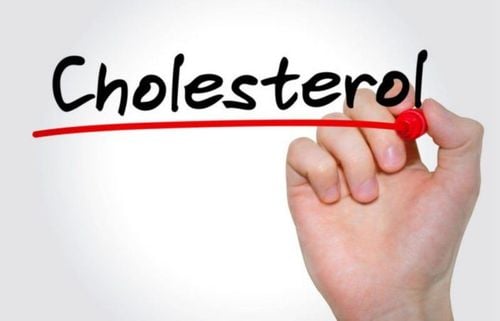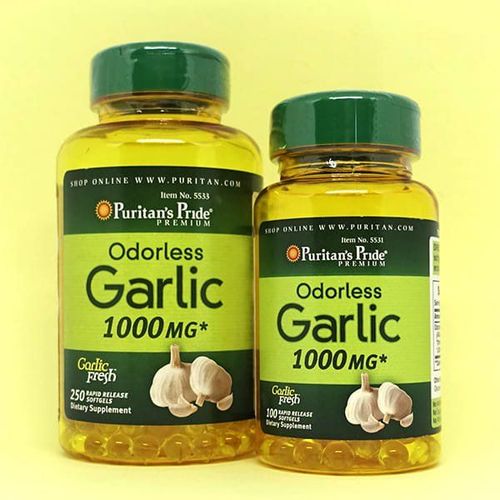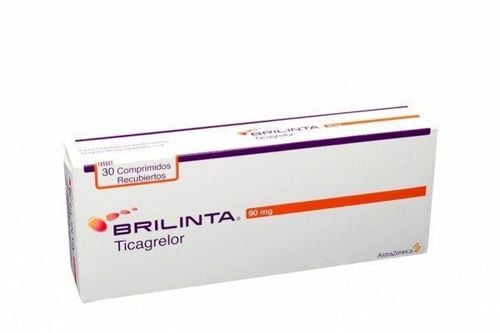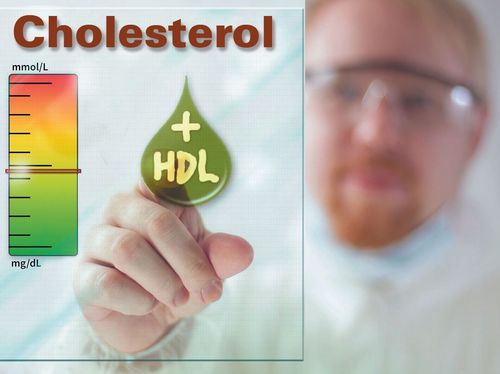This is an automatically translated article.
The article is professionally consulted by Master, Doctor Nguyen Minh Son - Interventional Cardiologist - Department of Medical Examination & Internal Medicine - Vinmec Nha Trang International General HospitalHigh blood cholesterol can lead to narrowing or blockage of the arteries, which over time causes hardening of the arteries or atherosclerosis. Therefore, keeping cholesterol levels in the body at the right level is very important, helping to reduce the risk of problems caused by blocked arteries including heart attack and stroke.
1. What is atherosclerosis?
Over time, with atherosclerotic plaque building up inside the artery walls is called atherosclerosis. Arteries are responsible for transporting oxygenated blood to the heart and other parts of the body. Fat, cholesterol, calcium, and other substances found in the blood are the building blocks of plaque. The flow of oxygenated blood to organs and other parts of the body is restricted as plaque hardens and narrows the artery. Patients with atherosclerosis are at risk for serious problems, including heart attacks and strokes that can lead to death.
There are many causes leading to atherosclerosis, which can be objective or subjective. Some causes can be controlled, that is problems with eating, habits, lifestyle .... and other causes of disease cannot be controlled, such as age. In particular, high cholesterol levels are the common cause of hardening of the arteries. Cholesterol includes bad cholesterol and good cholesterol. Cholesterol can be found in foods. When bad cholesterol accumulates in the blood for a long time, it will form large plaques, obstructing blood circulation, preventing blood from reaching the heart and other organs.
2. How does high cholesterol lead to atherosclerosis?
Cholesterol is a type of fat found in the blood. The liver makes it because certain cells and organs need cholesterol. The body can also get cholesterol from certain foods. But if the body gets too much cholesterol, it can cause serious damage, especially inside the body's arteries.
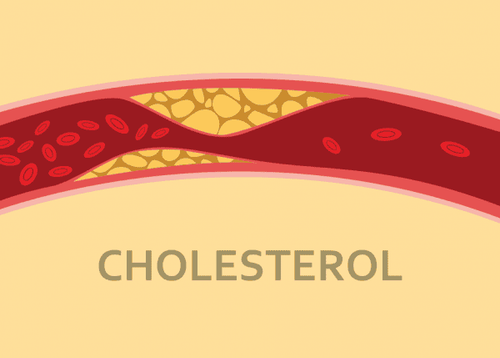
Cholesterol trong cơ thể quá cao dẫn đến xơ vữa động mạch
Some people think all cholesterol is bad. But not so, there is still a type of cholesterol that keeps the body healthy, also known as "good" cholesterol or HDL (High-density lipoprotein). As for "bad" cholesterol or LDL (Low-density lipoprotein), which causes many problems for the body.
The "bad" cholesterol is called LDL (Low-density lipoprotein) or low-density lipoprotein. LDL can damage the arteries that carry blood from the heart to the rest of the body. Then, once damage has begun to appear, LDL continues to infiltrate and build up in the artery walls.
When accumulations are increased, the body tries to clear them. White blood cells and other types of cells (which are part of the body's defenses) attack the buildup and remove it. But over time, those cells and debris become part of the buildup. Over the years they grow larger and form plaque.
The "good" cholesterol is called HDL (High-density lipoprotein) or high-density lipoprotein. HDL circulates in the body, acting as a cholesterol magnet. HDL collects bad cholesterol and moves it out of the arteries. Ultimately, most of the cholesterol is removed from the body, delivered to tissues such as the liver, or used to make hormones.
As plaques grow inside the arteries, they eventually begin to restrict blood flow. Some LDL-rich plaques grow slowly and in a controlled manner. Although they can eventually narrow the artery (enough to cause symptoms), the body can usually adapt, and this type of blockage rarely causes heart attacks.

Người bệnh có thể xuất hiện triệu chứng đau tim khi Cholesterol cao
But other plaques are unstable. White blood cells and other cells sent by the body to consume the plaque also release enzymes. These enzymes dissolve certain tissues called collagen, preventing plaques from accumulating together. And when this happens, the plaque can rupture causing a blood clot to form inside the artery. Sometimes, within minutes, this clot can block blood from reaching the heart or brain and cause a heart attack or a brain infarction.
3. High cholesterol treatment
As cholesterol levels get higher, more plaque is likely to form. The link between cholesterol and life-threatening conditions makes treating high cholesterol a top priority. Medications and lifestyle changes can both improve cholesterol levels and reduce the risk of atherosclerosis:
Exercise with or without weight loss, increases HDL (good) cholesterol levels, and reduces risk heart attack and stroke. A diet high in fiber and low in fat can lower LDL (bad) cholesterol. Fatty fish and other foods high in omega 3 fatty acids can increase HDL (good) cholesterol. Statins are the most commonly prescribed medications for high cholesterol. The drug can significantly lower LDL (bad) cholesterol by 60% or more. Medications can also increase HDL. Changing lifestyle and eating habits: The main cause of increasing bad cholesterol is a poor diet. Therefore, building a healthy menu is the first step to take to lower blood cholesterol. In addition, you need to regularly practice sports, and at the same time limit the use of stimulants such as beer, alcohol, tobacco... For cases of familial hypercholesterolemia (FH): Doctor The doctor will apply the Apheresis Lipoprotein method to the treatment. To remove LDL cholesterol from the blood, this method uses a filter. Recent studies show that statin therapy can reduce rates of heart attack, stroke, and death from atherosclerosis. But to be effective, statins are just one part of a larger personalized strategy that you and your doctor need to work on together. Among other factors, this strategy will be based on your level of risk for heart attack and stroke as well as your own personal lifestyle choices.

Định kỳ kiểm tra sức khỏe tim mạch giúp người bệnh phát hiện sớm bệnh lý và kịp thời điều trị
If you notice or suspect your cholesterol is high or if you have a family history of high cholesterol, talk to your doctor about ways you can lower it.
To avoid high cholesterol in the blood, we need to prevent the disease now with the following methods:
Limit eating foods containing high cholesterol such as egg yolks, red meat, milk, liver, butter, internal organs. Organs of animals,... Enhance the addition of white meat, fish rich in omega 3 and omega 6 fats (these substances have the effect of balancing cholesterol levels in the blood). Limit the use of foods rich in saturated fat such as fatty meat, cheese, butter, ... Eat more green vegetables, whole grains, fruits, ... to provide adequate nutrients for the body (especially especially vitamins and minerals). Stay away from stimulants such as tobacco, alcohol,... Exercise every day. Maintain a healthy weight. Patients with diabetes, high blood pressure, ... need to control the disease closely. Regularly monitor blood sugar, blood pressure, and cholesterol indicators. High cholesterol leads to atherosclerosis and can cause many other dangerous diseases. Right now, you need to create for yourself a healthy lifestyle and eating habits to prevent and treat diseases.
For the best health protection, you should have regular general health checks so that you can monitor your blood cholesterol levels, take action when necessary, and detect other health problems early. .
Currently, Vinmec International General Hospital has general health checkup packages suitable for each age, gender and individual needs of customers with a reasonable price policy, including:
Health checkup package Diamond Health Checkup Package Vip General Health Checkup Package Special General Health Checkup Package Comprehensive General Health Checkup Package Standard General Health Checkup Package Patient's examination results will be returned to your home. After receiving the results of the general health examination, if you detect diseases that require intensive examination and treatment, you can use services from other specialties right at the Hospital with quality treatment and services. outstanding customer service.
Please dial HOTLINE for more information or register for an appointment HERE. Download MyVinmec app to make appointments faster and to manage your bookings easily.
Reference source: webmd.com




